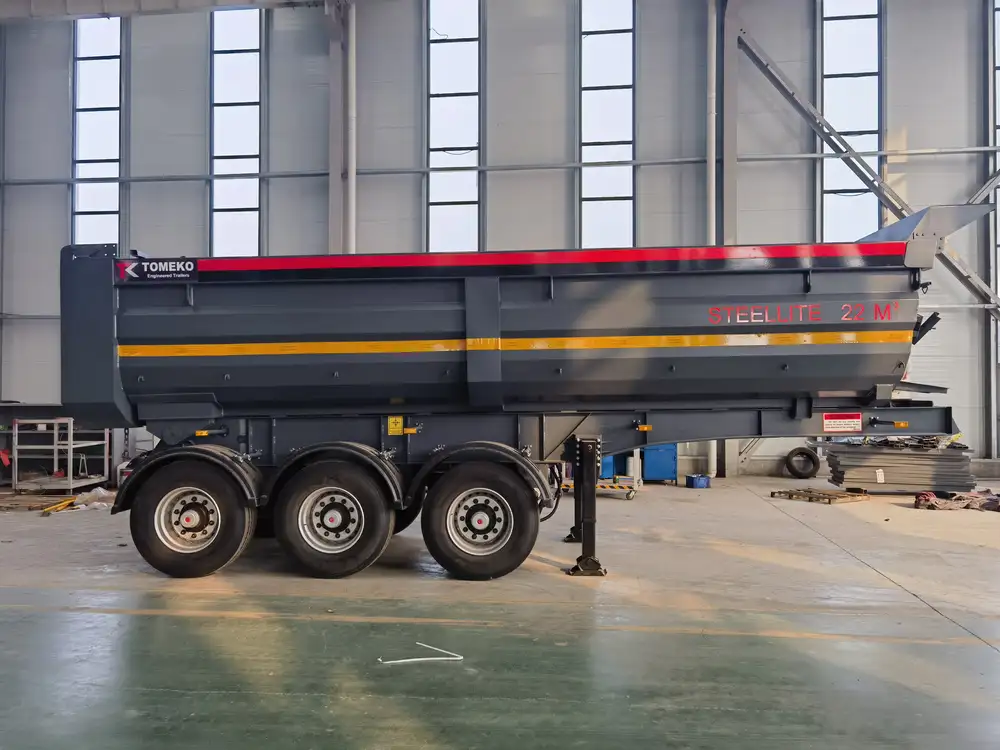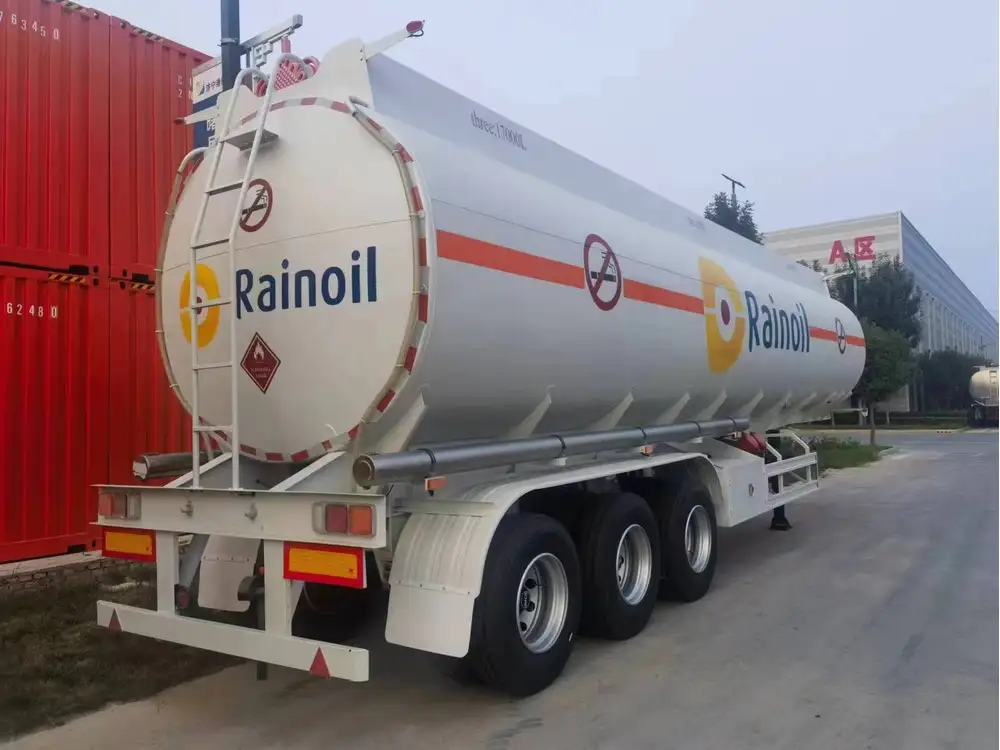When it comes to the logistics and transportation of fuel, understanding the fuel capacity of fuel trucks is critical for manufacturers, operators, and logistics companies. Fuel trucks, also known as tankers or fuel tank trucks, serve as the lifeline for fuel distribution, supplying gasoline, diesel, oil, and other diesel fuels to retail stations, industrial sites, and remote areas. This article delves deeply into the question: How much fuel does a fuel truck hold? We will explore various factors influencing fuel capacity, the different types of fuel trucks available, and practical implications for businesses in fuel logistics.
Fuel Truck Variants: An Overview of Capacities
Fuel trucks come in varying configurations, and their capacities can range dramatically based on their intended use. Below, we categorize the most common types of fuel trucks based on their capacities and intended applications.
| Type of Fuel Truck | Typical Capacity (Gallons) | Uses/Applications |
|---|---|---|
| Small Delivery Trucks | 1,000 – 3,000 | Retail fuel distribution, small service stations |
| Medium Fuel Tankers | 4,000 – 7,000 | Regional supply for construction sites and farms |
| Large Tankers | 8,000 – 11,000 | National distribution, major retail chains |
| Mega Tankers | 12,000 – 15,000+ | Bulk fuel transport, fuel depots, and refineries |
Small Delivery Trucks
Typically designed for retail and small-scale operations, small delivery trucks possess a capacity ranging from 1,000 to 3,000 gallons. Their compact structure allows for maneuverability in urban areas where larger trucks may find it challenging to navigate.

Medium Fuel Tankers
With a capacity between 4,000 to 7,000 gallons, these trucks effectively bridge smaller deliveries and bulk transport. They’re commonly used for regional operations and are integral for supplying medium-sized businesses like farms or larger construction sites.
Large and Mega Tankers
Representing the heavyweights of fuel transportation, large tankers hold between 8,000 to 15,000+ gallons. Their capacity is crucial for national distribution routes and larger retail chains. Mega tankers are often used in strategic logistics for bulk transportation, ensuring that fuel depots maintain a steady supply.
Factors Affecting Fuel Truck Capacity
Understanding how much fuel a truck can carry requires consideration of several critical factors. These factors can drastically influence the truck’s design and operational efficiency.

1. Regulatory Compliance
Strict regulations govern how much fuel can be transported at once, primarily for safety and environmental reasons. These regulations generally depend on the type of fuel being transported (e.g., gasoline vs. diesel) and the destination (urban vs. rural). For instance, hazardous material regulations may limit the truck’s capacity to enhance safety during transport.
2. Truck Design
Fuel truck capacity is also affected by its structural design, which includes:
- Tank Shape and Material: Fuel tanks are typically cylindrical to minimize stress and allow for effective weight distribution. The materials used, such as steel or aluminum, also play a role in weight limits and durability.
- Number of Compartments: Some fuel trucks feature multiple compartments to transport various fuel types simultaneously, which can influence total capacity.
- Weight Limitations: Heavy-duty trucks are constrained by legal weight limits on highways. The total weight, which includes the truck plus the fuel, must not exceed local weight restrictions.
3. Fuel Density and Type
Different fuels have different densities. For example, diesel is denser than gasoline, which results in a variance in how much fuel can be loaded by volume. Consequently, understanding the type of fuel being transported is essential for calculating effective capacity.

Safety Considerations in Fuel Delivery
Safety is paramount when considering the transport of fuel. The risk factors associated with transporting large quantities of fuel necessitate stringent protocols and measures. Here are some key considerations:
1. Tanker Construction Standards
- Shielding and Venting: Fuel tankers must adhere to specific venting standards to prevent pressure buildup, which can lead to dangerous situations. The design typically includes safety valves and impact-resistant materials.
- Spill Prevention Features: Many modern fuel trucks incorporate safety features like containment systems to minimize environmental impact in case of spills.
2. Driver Training
Drivers who operate fuel trucks must undergo specialized training to handle emergency situations, conduct pre-trip inspections, and comply with regulations concerning hazardous materials.

3. Regular Maintenance
Scheduled maintenance ensures that all components of a fuel truck, particularly the tanks, remain in optimal condition to minimize risks of leaks or failures. Proper maintenance can significantly enhance operational efficiency and safety during transport.
Cost Implications of Fuel Truck Capacities
The capacity of a fuel truck also influences its operational economics. Here we present a breakdown of the economic considerations for fuel transport based on truck capacities.
1. Operational Costs
- Fuel Acquisition Costs: Larger fuel trucks often mean buying fuel in bulk at discounted rates, thereby enhancing profit margins through reduced cost per gallon.
- Maintenance and Repair: Vehicles with larger capacities may also incur higher maintenance and operational costs, necessitating a careful analysis of return on investment concerning the fuel they carry.

2. Logistical Efficiency
Higher-capacity trucks can deliver more fuel in a single trip, which translates to fewer outbound trips for the same fuel volume. This efficiency can have wide-ranging impacts on:
- Driving Hours and Labor Costs: Optimizing deliveries via fewer trips can reduce labor costs associated with driver wages.
- Fuel Transportation Costs: Consolidating freight allows for reduced operational costs related to fuel usage and fleet management.
3. Environmental Impact
Larger tankers can minimize carbon footprints by reducing the number of trips required for fuel transport. This efficiency not only improves profit margins but also supports corporate responsibility initiatives to reduce greenhouse gas emissions.
FAQs About Fuel Truck Capacities
To further clarify various aspects of fuel truck capacities, let’s address some frequently asked questions:

How do I choose the right fuel truck for my business needs?
Selecting the appropriate fuel truck involves assessing your specific operational requirements, including:
- Volume: Estimate the volume of fuel you will transport regularly.
- Delivery Radius: Determine how far the truck will operate since longer distances may necessitate higher capacities for efficiency.
- Type of Fuel: Identify whether operations will involve gasoline, diesel, or multiple fuel types for a more adaptable solution.
Are there different taxes for fuel depending on the truck type?
Yes, fuel taxes can vary based on the type of fuel and the jurisdiction. It’s essential to understand local regulations as they dictate the costs associated with fuel purchasing and transportation.
What certifications should I check when hiring a fuel transport service?
When engaging a fuel transport service, verify that they adhere to certifications that include:
- Hazardous Materials Certification
- Safety Compliance Certifications
- Insurance Coverage and Liability Certificates

Conclusion
Knowing how much fuel a truck holds is fundamental for effective fuel distribution planning. Fuel trucks, available in various capacities, cater to diverse logistical needs in fuel transportation. The operational, safety, and economic considerations discussed in this article underscore the necessity of selecting the appropriate type of fuel truck tailored to your specific business needs. By understanding these variables, businesses can ensure efficient fuel management, optimize travel logistics, and achieve a reduction in operational costs, all while maintaining a commitment to safety and compliance with regulatory frameworks. Embracing this knowledge will enable manufacturers and logistics providers to navigate the complexities of the fuel transport industry, ensuring sustained growth and operational efficiency.



